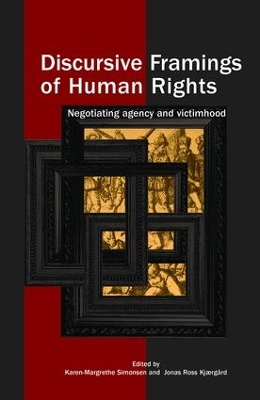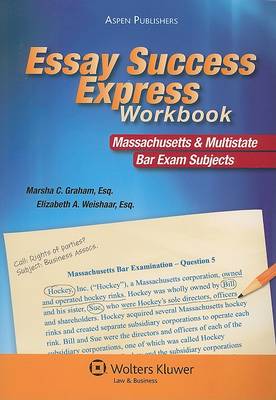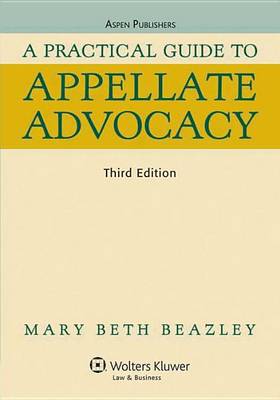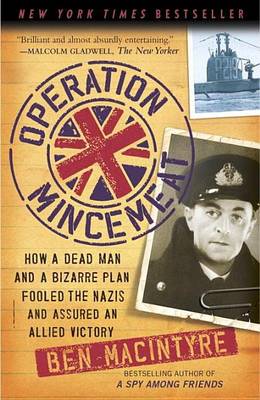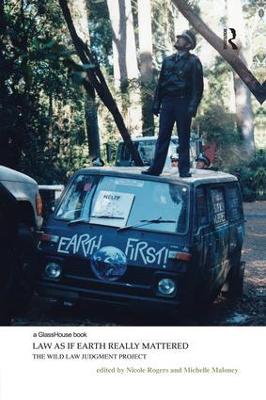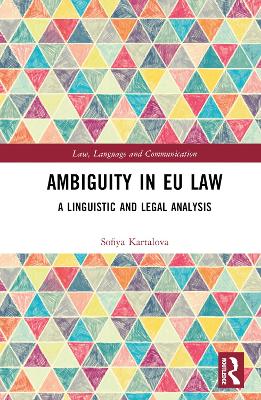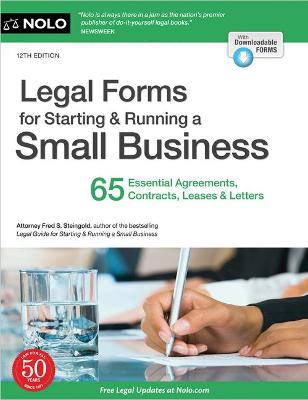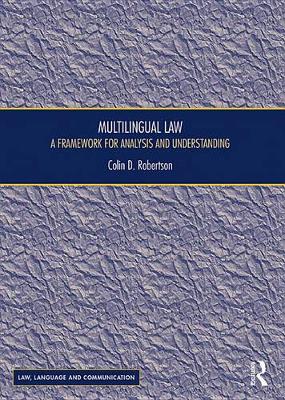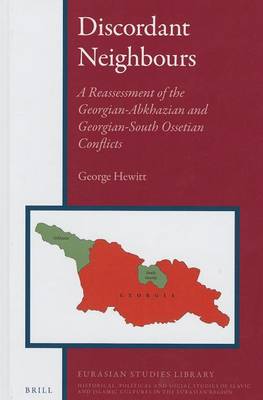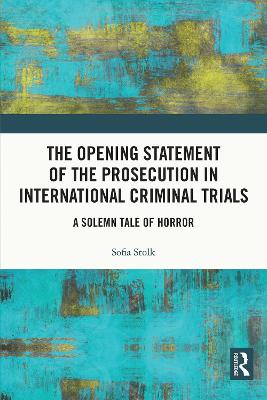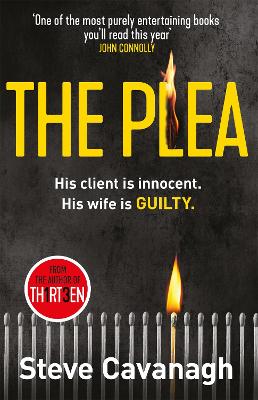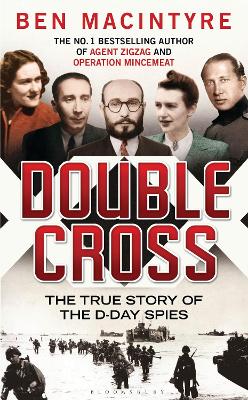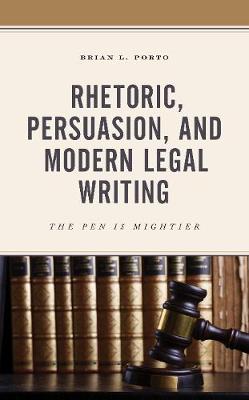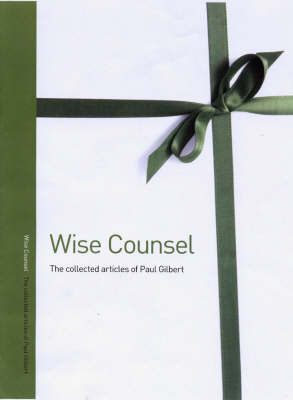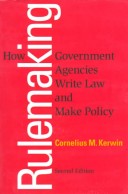Discursive Framings of Human Rights
What does it mean to be a subject of human rights? The status of the subject is closely connected with the form and rhetoric of the framing discourse, and this book investigates the relationship between the status of the subject and the form of human rights discourse, in differing aesthetic and social contexts. Historical as well as contemporary declarations of rights have stressed both the protective and political aspects of human rights. But in concrete situations and conflictual moments, the...
Essay Success Express Workbook
by Marsha C Graham and Elizabeth A Weishaar
A Practical Guide to Appellate Advocacy, Third Edition
by Mary Beth Beazely
Structures de Deux Testaments Fictionnels (Publications de L'Institut D'Etudes Francaises Et Occitanes, #3)
by A. J. A. Van Zoest
Operation Mincemeat (Center Point Platinum Nonfiction) (IX.Hors Collect)
by Ben MacIntyre
One April morning in 1943, a sardine fisherman spotted the corpse of a British soldier floating in the sea off the coast of Spain and set in train a course of events that would change the course of the Second World War. Operation Mincemeat was the most successful wartime deception ever attempted, and certainly the strangest. It hoodwinked the Nazi espionage chiefs, sent German troops hurtling in the wrong direction, and saved thousands of lives by deploying a secret agent who was different, in o...
This book is the first to explore what design can do for sociolegal research. It argues that designerly ways-mindsets that are practical, critical and imaginative, experimental processes and visible and tangible communication strategies-can be combined to generate potentially enabling ecosystems, and that within these ecosystems the abilities of a researcher to make meaningful contributions and to engage in meaningful research relations, both within our research community and in the wider worl...
Responding to the growing importance of economic reasoning in legal scholarship, this innovative work provides an essential introduction to the economic tools which can usefully be employed in legal reasoning. It is geared specifically towards those without a great deal of exposure to economic thinking and provides law students, legal scholars and practitioners with a practical toolbox to shape their writing, understanding and case preparation. The book's clear focus on economic methods poses a...
Law as if Earth Really Mattered (Law, Justice and Ecology)
This book is a collection of judgments drawn from the innovative Wild Law Judgment Project. In participating in the Wild Law Judgment Project, which was inspired by various feminist judgment projects, contributors have creatively reinterpreted judicial decisions from an Earth-centred point of view by rewriting existing judgments, or creating fictional judgments, as wild law. Authors have confronted the specific challenges of aligning existing Western legal systems with Thomas Berry's philosophy...
Carl Schmitt and The Buribunks (TechNomos)
In 1918 a young Carl Schmitt published a short satirical fiction entitled The Buribunks. He imagined a future society of beings who consistently wrote and disseminated their personal diaries. Schmitt would go on to become the infamous philosopher of the exception and for a while the 'Crown Jurist of the Third Reich'. The Buribunks - ironically for beings that lived only for self-memorialisation - has been mostly lost to history. However, the digital realm, with its emphasis on the informatic tra...
Just Writing (Aspen Coursebook)
by Anne Enquist, Laurel Currie Oates, and Jeremy Francis
Ambiguity – an expression or utterance giving rise to at least two mutually exclusive interpretations – has been traditionally regarded as an ever-present, and therefore trivial, feature of EU law, alongside other forms of linguistic indeterminacy. At the same time, ambiguity has been condemned as a perilous defect in the legal text, since it is commonly assumed that the Court of Justice of the EU (CJEU) would necessarily exploit it to engage in judicial activism. In contrast, more recent theori...
This book introduces and explores the concept of multilingual law. Providing an overview as to what is 'multilingual law', the study establishes a new discourse based on this concept, which has hitherto lacked recognition for reasons of complexity and multidisciplinarity. The need for such a discourse now exists and is becoming urgent in view of the progress being made towards European integration and the legal and factual foundation for it in multilingualism and multilingual legislation. Cove...
The Opening Statement of the Prosecution in International Criminal Trials
by Sofia Stolk
This book addresses the discursive importance of the prosecution's opening statement before an international criminal tribunal. Opening statements are considered to be largely irrelevant to the official legal proceedings but are simultaneously deployed to frame important historical events. They are widely cited in international media as well as academic texts; yet have been ignored by legal scholars as objects of study in their own right. This book aims to remedy this neglect, by analysing the n...
Your client is innocent. Your wife is guilty.Who would you fight for?*'Quite simply, THE PLEA is one of the most purely entertaining books you'll read this year' John Connolly'A gripping thriller' Ian Rankin*When David Child, a major client of a corrupt New York law firm, is arrested for murder, the FBI ask con artist-turned-lawyer Eddie Flynn to persuade him to testify against the firm.Eddie is not someone who is easily coerced, but when the FBI reveal that they have incriminating files on his...
D-Day, 6 June 1944, the turning point of the Second World War, was a victory of arms. But it was also a triumph for a different kind of operation: one of deceit, aimed at convincing the Nazis that Calais and Norway, not Normandy, were the targets of the 150,000-strong invasion force. The deception involved every branch of Allied wartime intelligence - the Bletchley Park code-breakers, MI5, MI6, SOE, Scientific Intelligence, the FBI and the French Resistance. But at its heart was the 'Double Cro...
Rulemaking may be unfamiliar to most but it is a vital area of lawmaking. Kerwin uses examples, such as the EPA's implementation of the Clean Air Act, to illustrate this important stage in the policymaking process, including basic rulemaking procedures and judicial consideration of rules.
